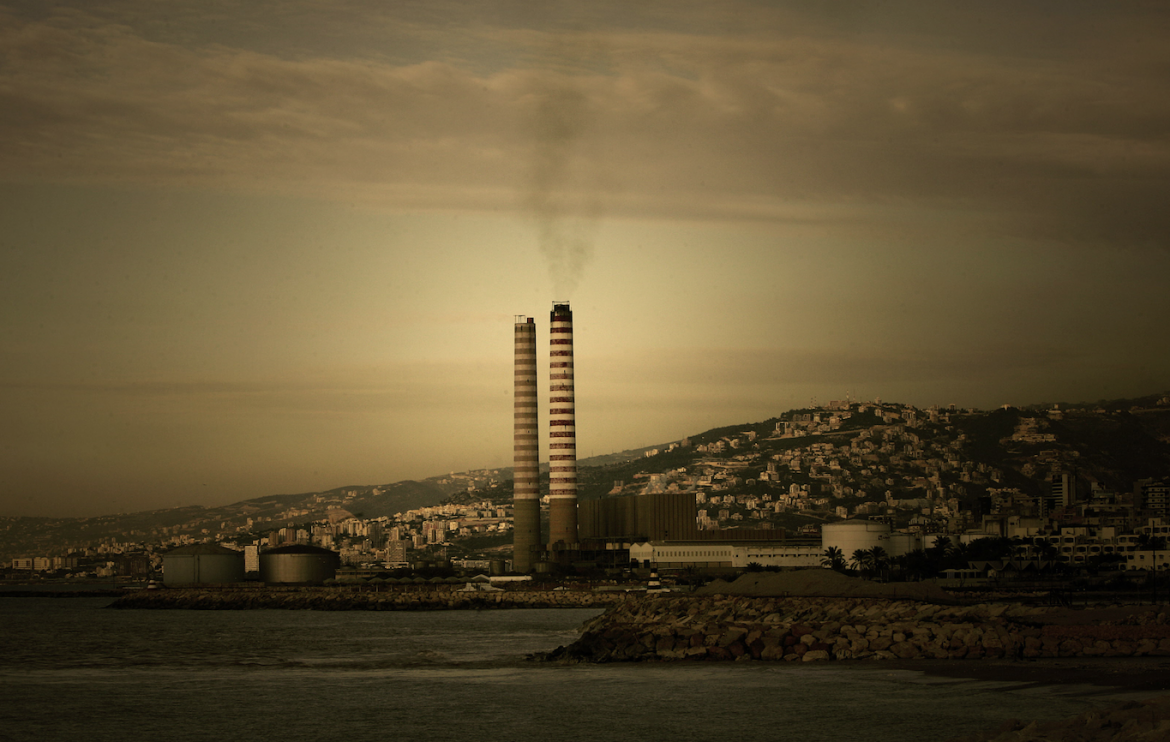Oil wealth: one last chance for Lebanon
written by Christina Abi Haidar
Christina Abi Haidar
An attorney at law - governance and energy legal expert, and a legal consultant on the draft Distributed Renewable Energy law

